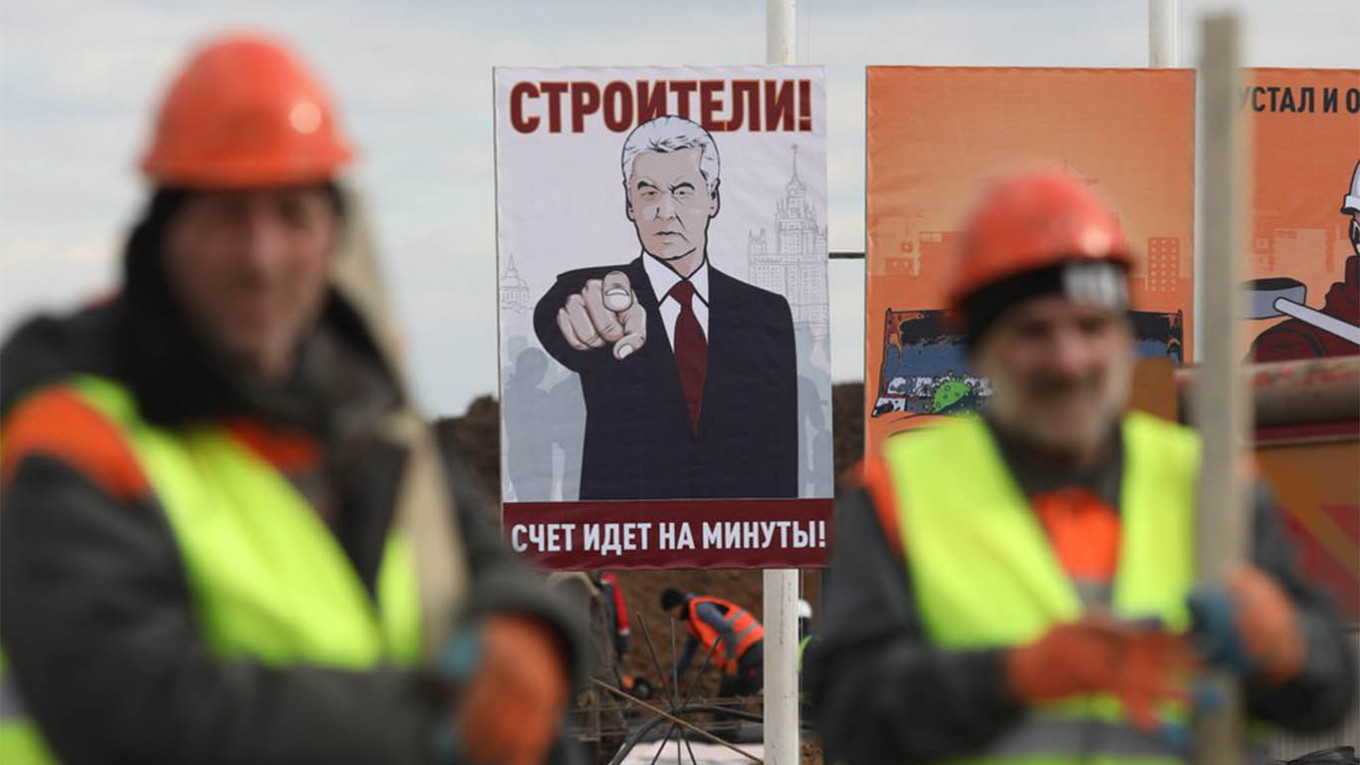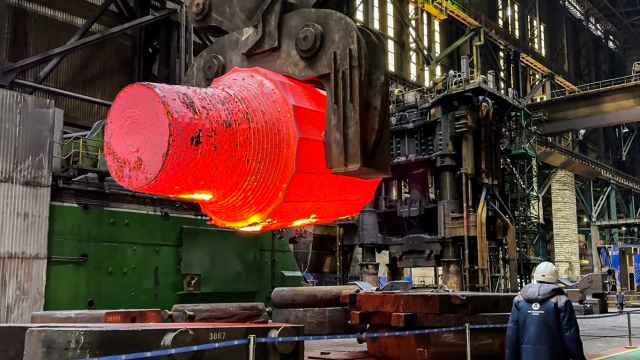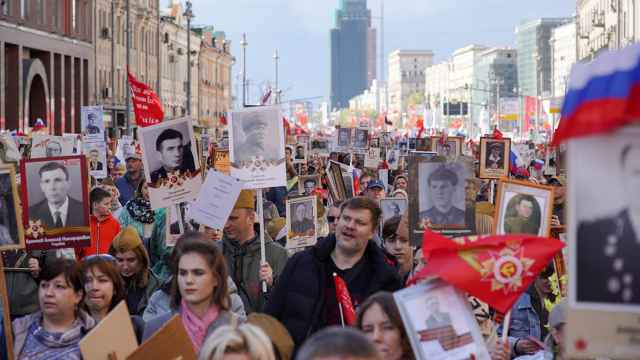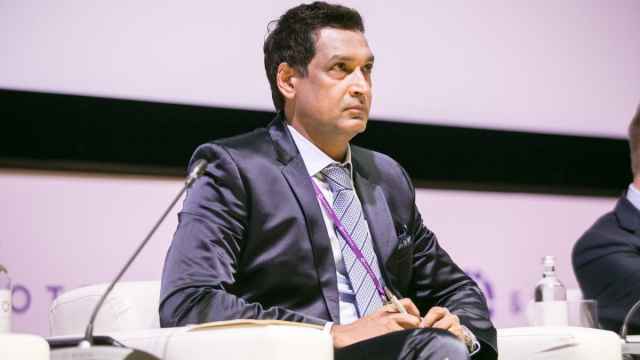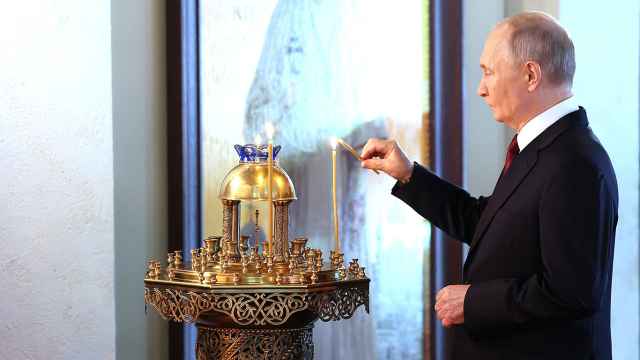There’s nothing so dangerous as an opportunity. With Moscow Mayor Sergei Sobyanin in charge of the country’s coronavirus response body, the pandemic is likely to make him or break him — and to a considerable degree his capacity to save his career, as well as the lives of thousands of Russians, will depend on whether he really wants to do more than seem to make a difference, given that Putin himself doesn’t seem that sure.
Much has been written about the peculiarly — and suspiciously — low infection and death rates from Russia, but for those who necessarily regard this as some Kremlin PR it is worth noting that the powers that be themselves appear only now, reluctantly, to be coming to realize that the situation is more alarming than might have appeared.
There is something of a habit of concealing bad news at the top – but also of concealing bad news from the top. We do not know how far local structures massaged the figures thinking, not without some cause, that that was what their bosses wanted. From crime rates to economic data, this has been a recurring issue that encourages complacency and distorts policymaking.
On 17 March, President Putin reassured the country that the situation was “generally under control” because Russia has been “able to contain the mass penetration and spread” of the virus.
A week later, though, Sobyanin was publicly warning him that “a serious situation is unfolding,” as “the real number of those who are sick is significantly higher" than official statistics would suggest, such that “no one on earth knows the real picture.”
Whether because of a real increase or a hurried revision of the numbers, the tally of new cases tripled overnight, and the next day Putin gave a national address in which he postponed a planned national vote but otherwise gave a weak response to the coronavirus challenge. He announced a package of measures including a week-long paid national holiday, but while he said that its aim was to encourage people to practice social distancing and stay home, all he offered were bland warnings that “it can happen to anyone,” and toothless exhortations that “the most important thing is to stay home.”
As is, Moscow is ahead of the Kremlin in its coronavirus response. Moscow can hardly be held up as an example of perfect practice, to be sure. But it certainly is adopting a tougher and more comprehensive set of policies than the national government and the country’s other cities.
In part, this reflects the fact that, like other high-connectivity metropolia such as London and New York, it has been hit earlier and harder than many other cities.
Either way, Sobyanin’s ad hoc national role means that he is also in the invidious position of trying to encourage other regional leaders to adopt draconian and unpopular policies, without Putin’s unambiguous backing.
There is now a body of guidance available from Sobyanin’s committee, from testing protocols to minimum required numbers of ventilators and hospital beds.
The degree to which regions are actually paying attention, though, varies dramatically. This is not simply a matter of political preference but also resources. The national government apparatus does not appear to be doing much to ensure that poorer regions receive emergency assistance to meet these needs. Nor does it seem to want to seem to be following Sobyanin.
He was the first to require all higher-risk over-65s to remain home, for example, and encouraged this to be adopted as national policy. Prime Minister Mikhail Mishustin, a fellow technocrat, praised Moscow’s approach, but when the actual decision arrived, Kremlin press spokesman Dmitriy Peskov pointedly framed this as an instruction coming from the Presidential Administration and its head, Anton Vaino.
Sobyanin thus has authority without power. Will he accept this and, in effect, become (outside Moscow, at least), a pretend troubleshooter to place alongside the pretend opposition in the Duma? Or will be seek to leverage his public status to call out regions and government departments that are dragging their feet?
That would be a brave move, especially given the very real danger that as the pandemic spreads in Russia, inter-regional tensions will rise. What happens when one region that has taken tough measures and begun to control the virus’s spread wants to close its internal borders with others which are still short of their peak?
It is also brave because in the current environment it will — rightly or wrongly — be interpreted as some kind of political maneuver, whether a hint that he is after Mishustin’s job or maybe even something more.
The question is whether he will really step up to the role he has been given — and if he does, whether he will be allowed to reap the political rewards.
He could find himself castigated as a hypocritical doomsayer who didn’t get his own city in order but preached to everyone else, or the no-nonsense voice of reason who told it like it was. Or he could simply be airbrushed out of the official account, as the omnicompetent president is hailed as the source of all successes, and the pygmies and paper-pushers of central and local administration blamed for all failures.
In many ways, this is an interesting — if somewhat depressing — case study of late Putinist crisis management.
Having built a hyper-presidential system (and seeking to make it even more so), the president doesn’t want to get his hands dirty beyond a photo opportunity in a yellow hazmat suit.
Having spent twenty years tinkering with his government, Putin nonetheless feels he has to create an ad hoc structure to deal with a threat that has long been identified as a real possibility in Russian security doctrine.
Having created a such a structure, he does not appear willing to empower it — and its head, in particular — with the authority actually to do its job.
To put it another way, if Sobyanin really can make a difference — and that’s still quite an “if” — then he will be helping save the system despite, not thanks to that system.
A Message from The Moscow Times:
Dear readers,
We are facing unprecedented challenges. Russia's Prosecutor General's Office has designated The Moscow Times as an "undesirable" organization, criminalizing our work and putting our staff at risk of prosecution. This follows our earlier unjust labeling as a "foreign agent."
These actions are direct attempts to silence independent journalism in Russia. The authorities claim our work "discredits the decisions of the Russian leadership." We see things differently: we strive to provide accurate, unbiased reporting on Russia.
We, the journalists of The Moscow Times, refuse to be silenced. But to continue our work, we need your help.
Your support, no matter how small, makes a world of difference. If you can, please support us monthly starting from just $2. It's quick to set up, and every contribution makes a significant impact.
By supporting The Moscow Times, you're defending open, independent journalism in the face of repression. Thank you for standing with us.
Remind me later.



